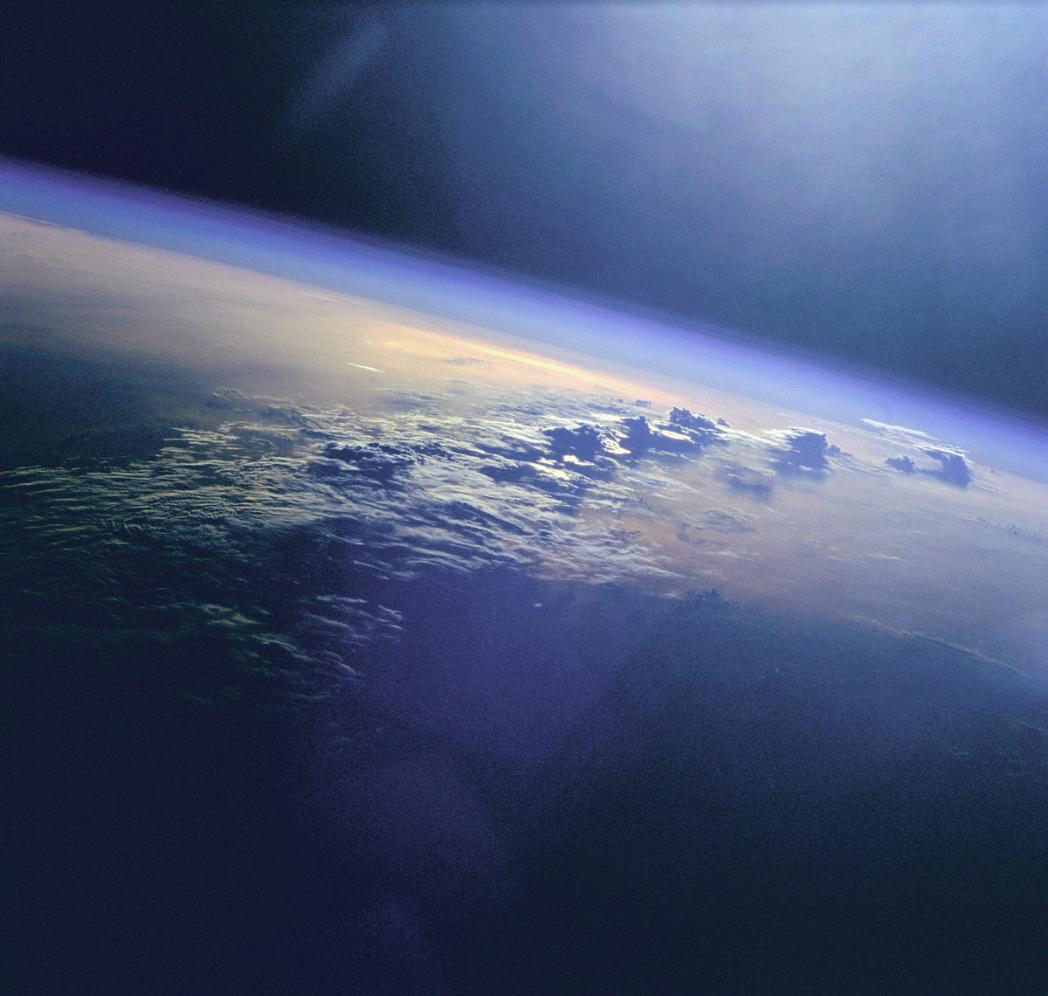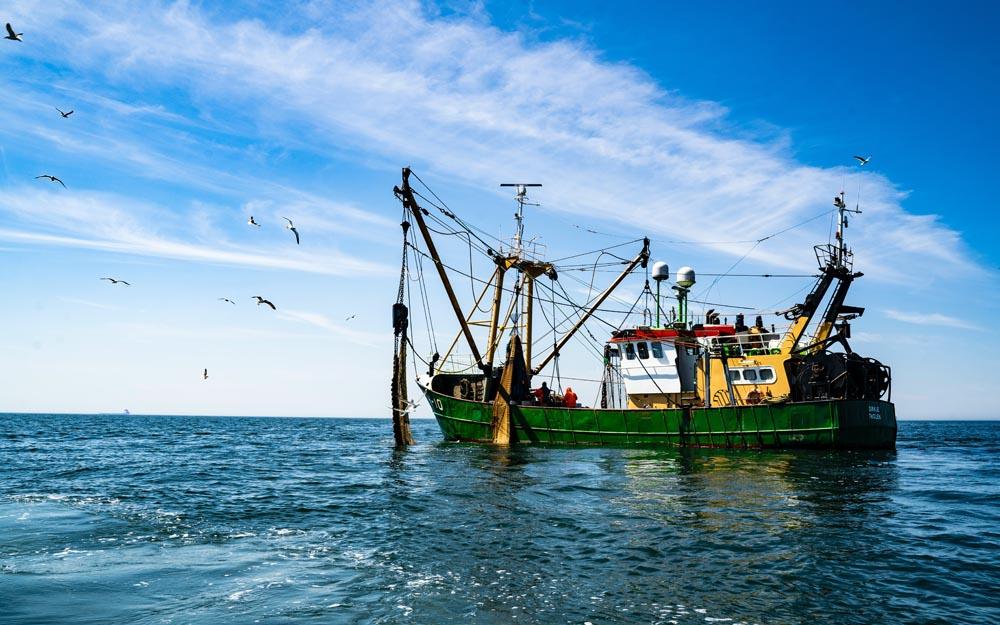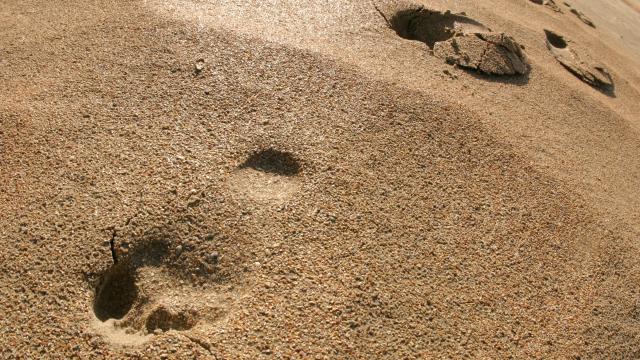What is an ecological footprint?
For life to thrive on Earth, it’s fundamental that our planet can replenish the natural resources we take from it. It’s sustainable for us to rely on the natural world for food, fresh water and materials so long as we don’t take these resources faster than the world can replace them.
In the past, humans lived within these boundaries. But today many countries are living beyond a sustainable ‘ecological footprint’.
An ecological footprint measures how much land and water a country needs to produce all the resources it consumes, and to absorb the waste it produces. It’s often expressed in terms of the number of planets needed. If it’s above one planet – known as an ‘overshoot’ – we’re exceeding the supply the planet can replenish. Below one, it means a country is being sustainable with consumption and waste.

The UK’s ecological footprint
The UK’s current ecological footprint is 2.4 planets.[1] If everyone in the world were to live like the average Brit, we’d need 2.4 planets to sustain us all.
You may have heard of the global overshoot day. It’s the day when humanity’s demands for ecological resources and services in a given year exceed what Earth can regenerate. You might think of it as the point when you’ve spent all your money and you’re delving into an overdraft. Earth Overshoot Day was 1 August in 2024.[2] There are country-specific ones too: in the UK, it was on 20 May in 2025.[3]

What is the impact?
Pushing the planet beyond its sustainable limits is putting pressure on ecosystems around the world. It’s leading to loss of habitat and nature, and climate change. For example, catching a few fish to eat gives fish populations time to replenish (the Earth can regenerate its resources). But we catch 178 million tonnes of fish each year,[4] mainly using large trawler nets, which has a significant impact on fish populations. There are fewer fish left to repopulate, and fish are caught before they have an opportunity to grow to large sizes, meaning we catch smaller and smaller fish, putting pressure on the food chain for humans and other species. Eventually, overfishing will push the planet beyond its boundaries and leave many species at risk of extinction, affecting our global food supply, as well as local communities who rely on income from fishing.

How do we change this?
We can help to relieve the pressure on our planet by reducing overconsumption. This could mean buying and using only what we really need, reusing items that have already been produced, and keeping resources in use for longer (by repairing items or shopping second-hand). We can also choose low-impact options (such as food from regenerative farms), and support businesses that are reducing their impact on the planet. You’ll find lots of options on this app for challenges that can help if you’re unsure how to get started.
We also need citizens to put pressure on governments to support sustainable practices, so we stop exploiting our natural world. We want governments to take action to stop the climate crisis, look after nature, and make sure everyone has better access to healthy, affordable food – now and in the future. We have a petition calling on the UK government to treat nature, the climate and food as pieces of the same puzzle, rather than as separate or conflicting issues. Find out more, and sign the petition at: https://www.wwf.org.uk/act/living-planet-act
Sources
[1] Global Footprint Network Open Data Platform: https://data.footprintnetwork.org/?_ga=2.256904075.1286445296.1742824484-790008447.1742824483#/
[2] Earth overshoot day https://overshoot.footprintnetwork.org/
[3] Earth overshoot day: Country overshoot day 2025 https://overshoot.footprintnetwork.org/newsroom/country-overshoot-days/
[4] Food and Agriculture Organisation of the United Nations (2022): The state of world fisheries and aquaculture 2022 https://openknowledge.fao.org/server/api/core/bitstreams/9df19f53-b931-4d04-acd3-58a71c6b1a5b/content/sofia/2022/world-fisheries-aquaculture-production.html

